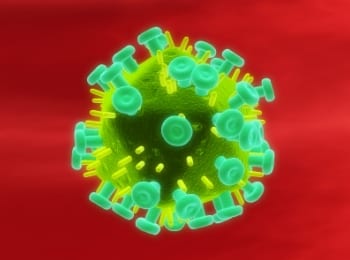
In a way, organ transplantation is the one branch of medicine that has already been personalized, because doctors must carefully match the immune systems of donor and recipient to prevent rejection.
Now transplant physicians in Germany have taken that procedure a step further by engineering not just a successful bone marrow transplant, but one that appears to have cured their patient’s HIV infection as well. The doctor who conceived the operation has suggested that in principle, the accomplishment could inspire a gene therapy for HIV. But it will take much more research, and a lot of luck, for that to happen.
This week Dr. Gero Huetter and his colleagues at the Charite Hospital in Berlin announced that they were treating a 42-year-old patient who required a bone marrow transplant for leukemia, but had also been HIV-positive for a decade.
The doctors knew of a gene, CCR5, that confers resistance to the most common form of HIV. People who have a particular mutation, known as Delta32, on both copies of CCR5 can be exposed repeatedly to HIV-1 without becoming infected.
The doctors reasoned that if they could find a donor who was not only immune compatible with their patient, but also had two copies of the Delta32 mutation in the CCR5 gene, perhaps they could simultaneously eradicate his leukemia and his HIV infection.
Remarkably, such a donor existed. And 600 days after his bone marrow transplant, the patient is both leukemia- and HIV-free.
Is this a cure for AIDS? Not a chance. Doctors do not consider the procedure a potential treatment for HIV, because bone marrow transplants are expensive and risky – about one patient in four does not survive the procedure. But the case does provide inspiration and hope for researchers who are working on ways to harness the resistance conferred by CCR5Delta32 to treat the infection.




